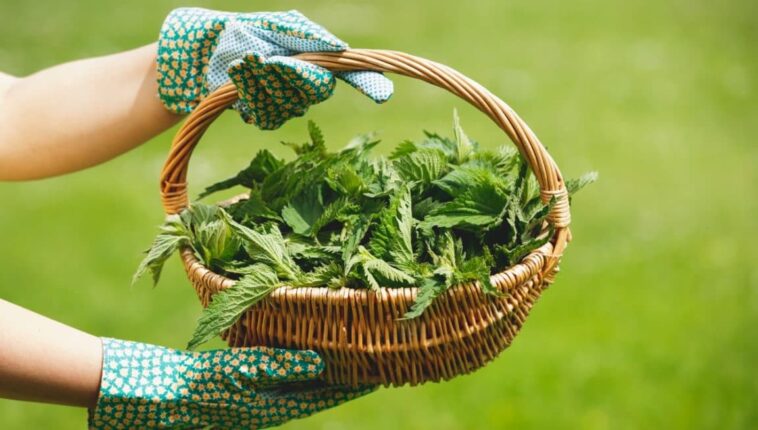Manures, infusions, macerations and other herbal decoctions bring joy to the garden. They are also very popular with gardeners who find in these homemade preparations natural, ecological, economical and easy solutions for treating their green spaces. In the vegetable garden or in an ornamental garden, these mixtures work great. But which ones should be favored and for what uses? Grandma will tell you more about manure, these natural remedies for all garden ailments!
The virtues of plant slurry
First of all, you should know that these preparations often have very distinct functions. Among the many powers attributed to them, you have to know how to make a choice! The preparation can in fact be:
–Insecticide : it then fights insect pests and parasites in the garden
–Antifungal or fungicide against plant fungi
–Insect repellent and repellent to simply scare away insects and pests
–Fertilizer to provide minerals and nutrients necessary to stimulate plant growth (in short, a natural growth activator)
-Or stimulating to improve the natural defenses of plants. This allows them to develop resistance to diseases and pests that infest them.
Make way for the best manure for the garden!
1) The most famous plant manure: nettle manure
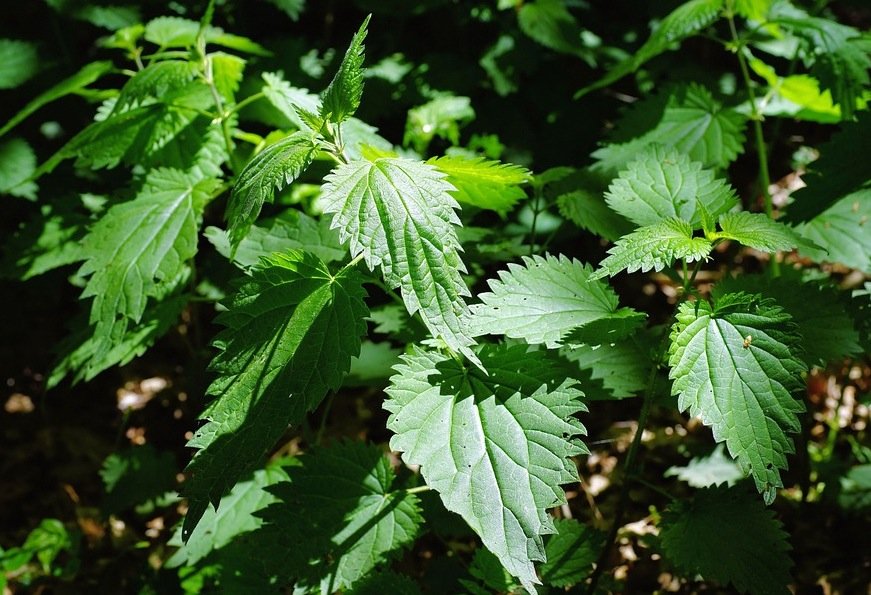
The nettle is an ally for health and our beauty, but it is also (and above all), the garden’s best friend! Used pure, it is an excellent fertilizer. Diluted to 10 or 20%, however, it will have repellent effects and can fertilize the leaves. And even if its smell is foul, nettle manure multiplies the good points.
Its properties:
- Outstanding repellent against mites, aphids and voracious codling moth larvae of apples and pears
- Effective elicitor against downy mildew and powdery mildew
- Stimulant for plant growth, both for aerial parts and roots. By the way, it also improves the quality of the soil!
- Tomatoes love this nitrogen-rich fertilizer which strengthens them
- Nettle manure can also be used as a compost activator
2) Comfrey manure among the most popular manure
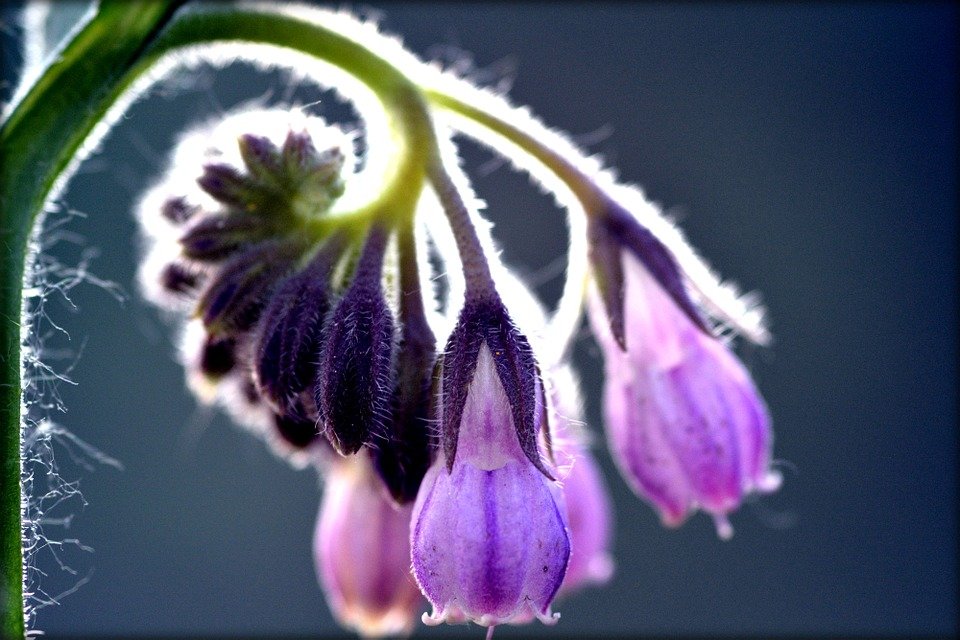
It’s not just a perennial plant adorned with beautiful purple flowers. Indeed, its composition rich in boron as well as potash is a delight for the fruits and vegetables that we grow in the garden.
Its properties:
- Stimulates and fertilizes fruit plants, vegetable plants, but also fruit trees
- Activate the compost
- Prevention against whiteflies and aphids
3) The best manure against cryptogamic diseases: that of horsetail
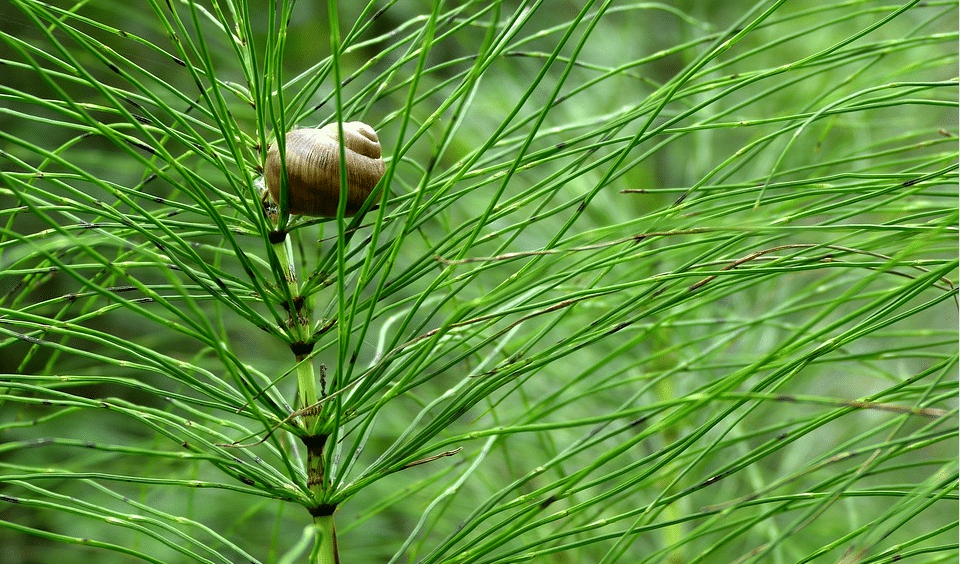
Did you think that horsetail or rattail was undesirable in the garden? However, this scourge feared by many gardeners is the sworn enemy of mushrooms. To do this, it must be diluted to 5% and sprayed on your plants preferably in the morning.
Its properties:
- Combats the spread of plant diseases, particularly cryptogamic diseases: downy mildew, powdery mildew, rust, scab, peach leaf curl, etc.
- Preventive fight against rust, blister, moniliosis and scab
- Repellent capabilities against mites and leek worms
4) How to forget the bracken manure?
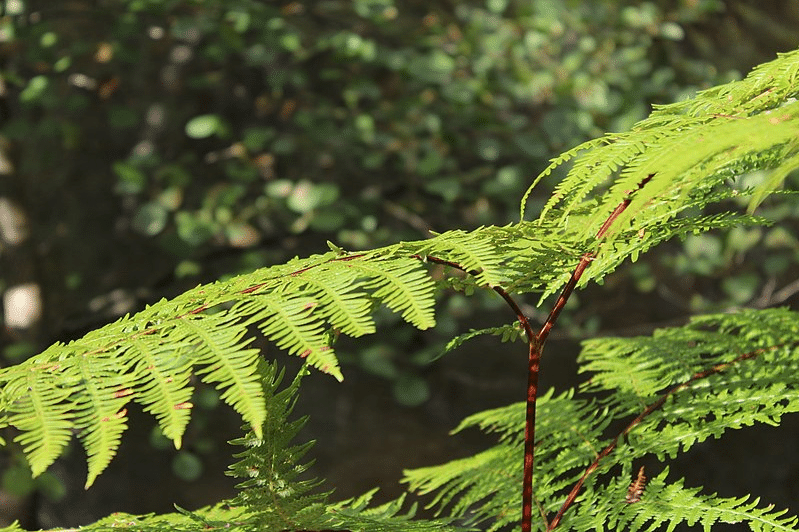
This bracken or male fern manure deserves to appear in this list for its notorious repellent properties. On the other hand, don’t forget to dilute it to 10% before using it.
Its properties:
- Repellent and insecticide against slugs, vine leafhoppers and anti-aphids (notably woolly aphids on orchard fruit trees)
- Prevention against wireworm larvae which eat potato tubers and devastate their plantations. Controlling wireworms will require two applications to the soil before planting the potatoes.
5) Tansy manure to the rescue of tomatoes and potatoes
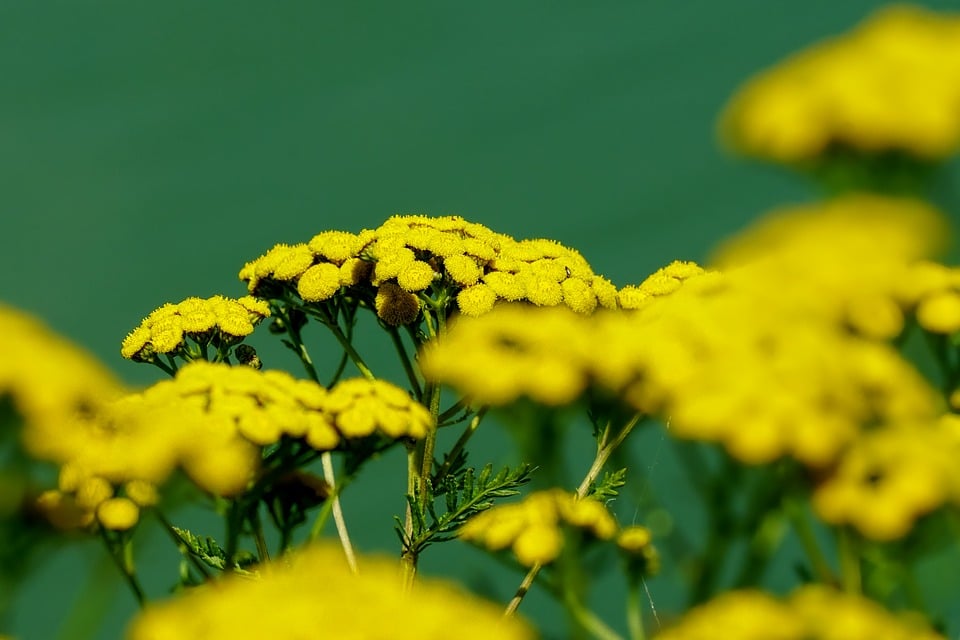
Whether against fungal diseases or in the fight against garden pests, tansy is there. 300 g of plants, 10 l of water and three days later, you can dilute your maceration to 5% for foliar spraying (on the leaves).
Its properties:
- Effective preventive control against tomato plant rust
- Prevention also against potato late blight
- Repellent effect on aphids, cabbage maggots and moths
6) Elderberry manure, one of the classic manures appreciated in the garden
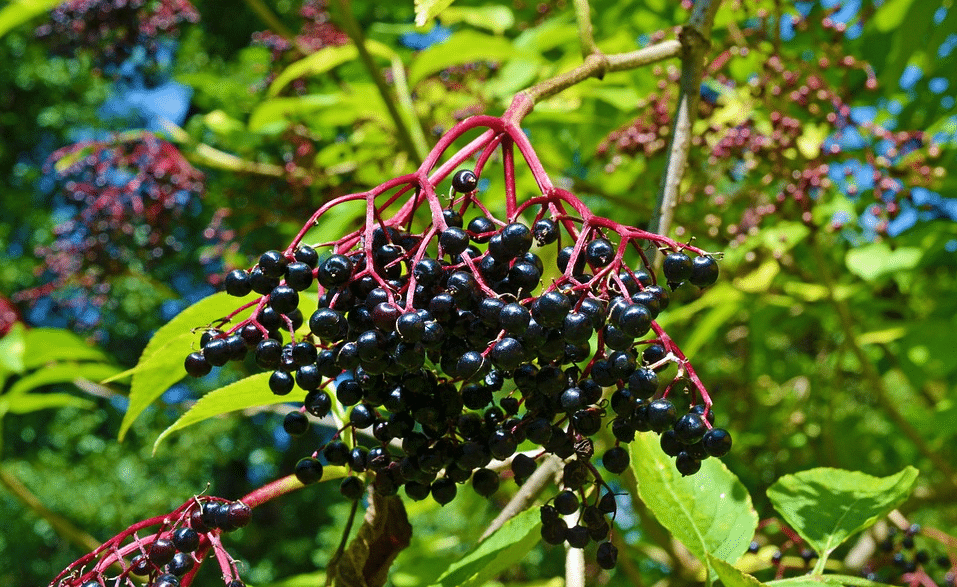
Elderberry manure is prepared with leaves of all varieties. If it is appreciated, it is above all because it fights many undesirables that other manures will not be able to dislodge! For dilution, ideally count 10% for a perfect dosage.
Its properties:
- Repels rodents as well as moles
- Prevention against aphids, flea beetles and thrips
- Stimulates plants
7) And finally dandelion manure to close this list of the best manure
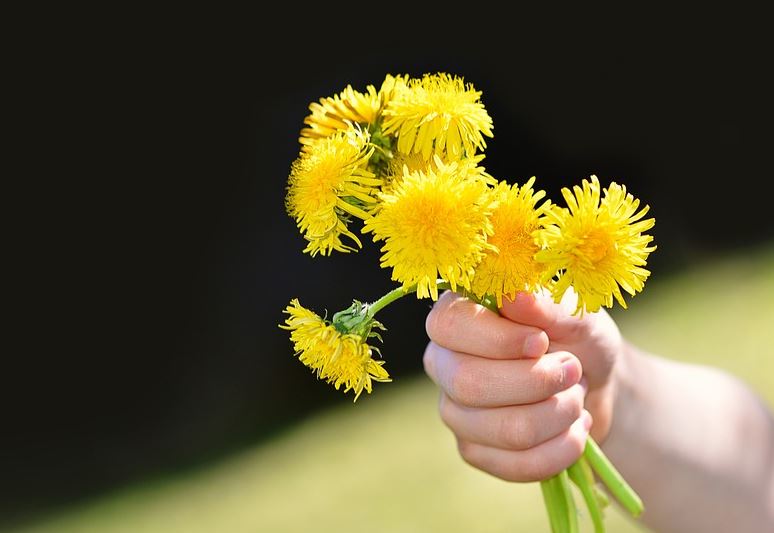
Dandelion manure is a very effective natural fertilizer. In the vegetable garden, it provides iron, potassium, copper, salicylic acid, ethyne and sulfur.
Its properties:
- Prevents fungal diseases
- Stimulates blooming flowers
- Stimulates the growth of garden fruits and vegetables, particularly tomatoes and cucurbits. Squash and zucchini are crazy about it.
How to prepare plant manure?
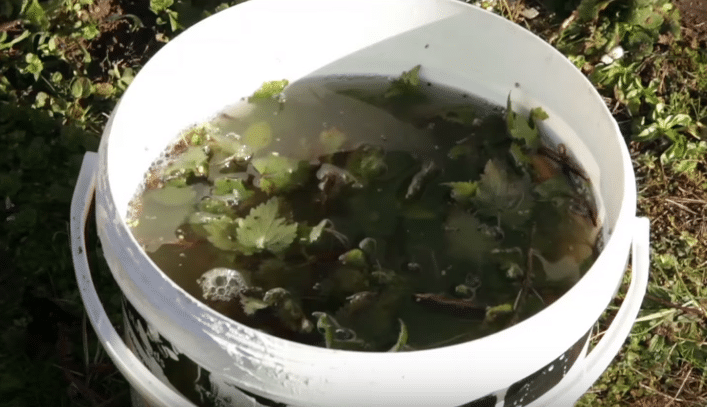
Unless otherwise stated in the recipe, this fermented extract is made with the maceration of 1 kg of fresh plants for 10 l of rainwater. If you go for it, forget about the metal container which would oxidize. Instead, choose plastic or wood as well as a wooden stick to mix the mixture and promote the fermentation process. Once there are no more bubbles, the manure is generally ready to be filtered through a sieve and transferred into an opaque container. Generally, it is diluted between 5, 10 or 20%. Then, a sprayer will allow it to be applied to the foliage (for an anti-pest treatment) or at the base of the plants to stimulate them.
Plant purins, decoctions, infusions… It’s not the same thing!
Sometimes we tend to confuse these plant extracts! Indeed, the basic idea is always the same: plant preparations inspired by organic farming to treat the garden and the needs of its crops. However, they are not prepared in the same way, which makes all the difference.
- L’infusion is made like a herbal tea in hot water.
- Maceration It is prepared with cold water in which the leaves or flowers are left to soak for at least 24 hours.
- However, the decoction is a bit of a mix of the two. We start by soaking in cold water followed by bringing to the boil.
- Finally stay the manure which is the result of fermentation often leaving it with an unpleasant odor. In fact, its most valuable advantage is that it keeps, unlike others which do not. On the other hand, you have to be patient and diligent, because its preparation takes several weeks and you must not forget to mix from time to time.


